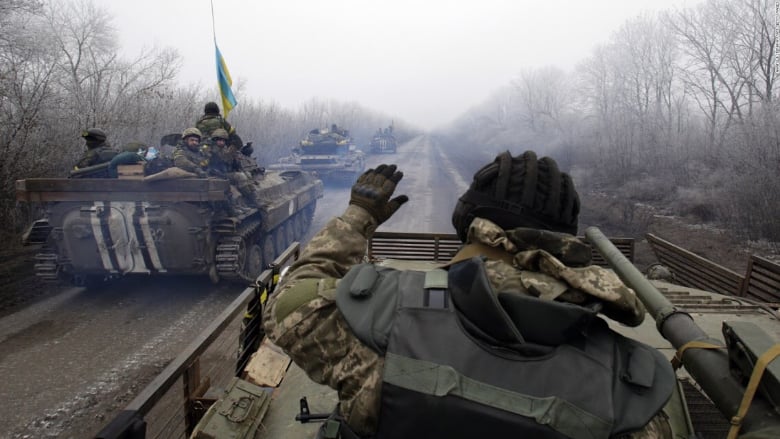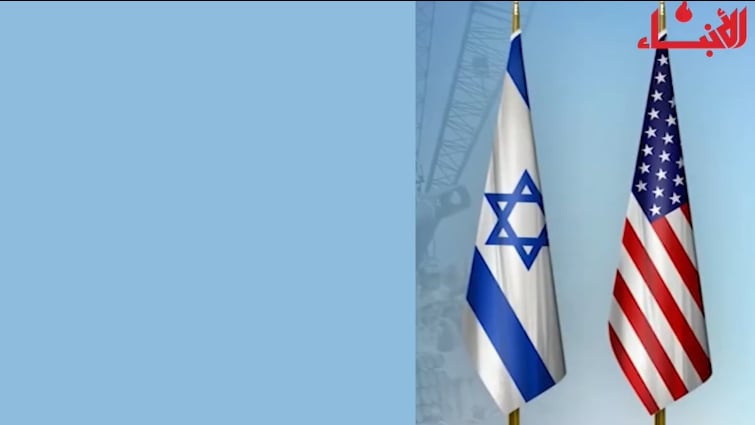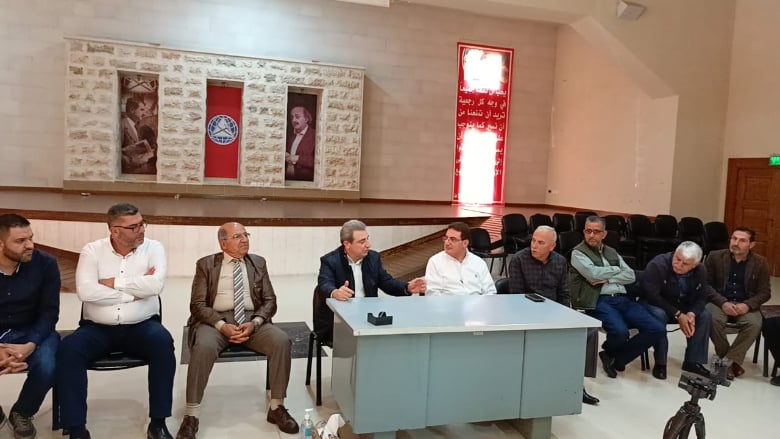he world is finally rallying, though not yet enough, to save Ukraine as it fights, alone, in the largest land war in Europe since 1945. With Kyiv under siege from Russian tanks, air strikes, and artillery fire, lights on global landmarks have been ablaze with the blue and yellow of the Ukrainian flag. In Europe, the symbols of outrage have flashed on the Eiffel Tower in Paris, Rome’s Colosseum, the Brandenburg Gate in Berlin, and London’s No. 10 Downing Street. From Santiago to Sydney and Sacramento, from Tokyo and Taipei to Tel Aviv, protesters have raged at Vladimir Putin for his barbarous campaign to conquer Ukraine. Despite the pandemic, vast crowds have poured onto streets, carrying placards, and mobilized in anger in front of Russian embassies or in sympathy at Ukrainian missions. At a protest in Germany that drew a hundred thousand, one woman had “stop putin” written across her mask.
Governments around the world face growing pressure to do more to stop Russia—or contend with the political consequences. One of the most striking protests was in Georgia, where thousands turned out in front of Parliament, in Tbilisi, to demand the resignation of Prime Minister Irakli Garibashvili after he refused to join the global move to sanction Putin’s regime. The anger has even hit the vodka market in the United States, with bars pulling Russian brands off shelves and the governors of Ohio and New Hampshire banning their sale. In a departure from its traditional opening skit, “Saturday Night Live” turned the stage over to the Ukrainian Chorus Dumka of New York, who sang the hymn “Prayer for Ukraine.” The segment ended with the camera panning to a display of candles that spelled “Kyiv.”
Yet President Volodymyr Zelensky, in daily video messages from the embattled capital that he refuses to flee, has angrily and plaintively appealed to the world for more military aid and more tangible action—and, on Saturday, to the European Union to urgently admit Ukraine as a member. He spoke with leaders in Washington, New Delhi, Rome, London, Ankara, and Warsaw, while still trying to defend a nation under siege. The international response has gained momentum, although surely not enough to change Putin’s mind or end his ruthless war anytime soon. More columns of T-72 tanks rumbled across the border throughout the weekend. The crisis could well take a long time to fully resolve its many layers, a senior Biden Administration official acknowledged on Friday. “I think this is going to play out not over days, not over weeks, maybe not even over months, but potentially over years,” he told me and a small group of columnists.
In the first, if tepid, sign of hope, Russia on Sunday proposed talks with Ukraine on the border of Belarus. But, at the same time, Putin ordered his nuclear forces on high alert—which means readiness to launch—in response to what he called “aggressive statements” by leaders of countries in the nato alliance. On the eve of the invasion, Zelensky had tried to telephone Putin to appeal for negotiations, but the Russian leader would not take the call. Former U.S. officials are skeptical of Putin’s intent. “I personally am not one for trusting anything the Russians say, so we’ll have to see, but I think it’s a positive sign,” James Clapper, the former director of National Intelligence, said on Sunday, on CNN. Putin, he added, now appears to be “unhinged.” On Friday, the State Department dismissed talks while war raged. “Now we see Moscow suggesting that diplomacy take place at the barrel of a gun or as Moscow’s rockets, mortars, artillery target the Ukrainian people,” Ned Price, the spokesman, told reporters. “Those are not the conditions for real diplomacy.” If Putin is serious about a diplomatic resolution, Price added, he should immediately cease the bombing, order a troop withdrawal, and say “unambiguously” that Russia was “prepared to de-escalate.”
In the four days since Putin invaded Ukraine, the United States and European nations have promised hundreds of millions of dollars in new arms. Germany, for the first time, will supply five hundred Stinger anti-aircraft missiles and a thousand anti-tank weapons. But, with the capital under bombardment from four sides, delivering them to Kyiv will be a challenge. And the new arms are unlikely to significantly or quickly change the balance of military power. The Ukrainian Army remains outmanned and outgunned by Russia. Despite the inspiring Ukrainian resistance that has slowed the initial incursion, Moscow retains an edge. On Sunday, the U.S. also announced another fifty-four million dollars in humanitarian aid for the more than a hundred thousand Ukrainians already displaced by the war. That brings the total in U.S. humanitarian aid to just over four hundred million dollars since 2014. For a country of forty-four million people, that assistance averages less than ten dollars per Ukrainian.
Over the weekend, the G-7—a group of the world’s most powerful economies that includes the U.S., major European powers, Japan, and Canada—also announced five sweeping measures to cut Russia off from the international financial system. Those steps will restrict the Russian central bank from using its foreign reserves—estimated at more than six hundred billion dollars—which Putin had built up to cushion damage to the economy during a war. The measure will also limit major Russian banks—though not all of them—from using the swift messaging system, through which eleven thousand banks in some two hundred countries and territories make and receive payments. Based in Belgium, swift has been described as the Gmail of financial transactions. It transmits roughly forty-two million messages a day. The coalition also created a new international task force to hunt down and freeze the assets—including the yachts, jets, fancy cars, and luxury homes—of Russian oligarchs in G-7 countries.
Russia’s war chest of foreign reserves “is only powerful if Putin can use it,” a senior Administration official told reporters on Saturday. “And without being able to buy the ruble from Western financial institutions, for example, Putin’s central bank will lose the ability to offset the impact of our sanctions.” The ruble, already tumbling, will fall even further and inflation will spike, he said, and Russia’s central bank will be “defenseless” to do anything about it. The impact would be felt immediately, the official predicted.
In a joint statement on Saturday, the Western coalition declared Russia’s invasion of Ukraine “an assault on fundamental international rules and norms that have prevailed since the Second World War.” They also pledged to “hold Russia to account and collectively ensure that this war is a strategic failure for Putin.” The economic steps reflected an abrupt change in Europe’s willingness to confront Putin. Just two days earlier, President Biden had said that European nations were reluctant to cut off Russia’s access to swift. The new economic squeeze marks a “major achievement,” William Taylor, the former U.S. Ambassador to Ukraine, now at the U.S. Institute of Peace, told me. “I’m impressed with the diplomatic effort to get them all on board.”
Yet the measures are likely too late to change the gruesome military reality on the ground. On Thursday, the President acknowledged that “no one expected the sanctions to prevent anything from happening. This is going to take time.” Putin was not going to say, “Oh, my God, these sanctions are coming. I’m going to stand down,” Biden added. The new sanctions also do not cut off all Russian banks from swift. In fact, the announcement was made before the details were worked out and the banks identified. There are “carve-outs,” too, for energy transactions, designed to minimize the impact on world energy markets, notably in Europe, which has been partially dependent on Russia for years. The measures are a punishment after the fact of an invasion, not a deterrent now, Taylor said. “They will not make Putin turn around and go back to Russia. They will punish him over time. They will have an accumulative effect.”
Looking back, the central flaw in the West’s strategy was the fear that any preëmptive actions—whether providing more high-powered weaponry to Ukraine or imposing economic sanctions on Russia’s power brokers sooner—would be used by Putin as justification to attack Ukraine. The West also tried to avoid enacting economic sanctions that would disrupt the flow of the world’s energy supplies and their own economies. It’s now clear that the Russian leader intended to invade, whatever the West did. “He’s gone off the rails,” the former Defense Secretary and C.I.A. director Robert Gates said on Sunday, on CNN. Although Putin has always been a calculated risktaker during his twenty-two years in power, “this behavior is different.” As Western powers mobilize to aid Ukraine and confront Putin more aggressively, there is an underlying sense of regret. And the protests around the world prove that there are already questions being asked, with many others certain to follow, about why far more was not done in advance to prepare Ukraine for war or to stop Russia’s deranged leader.





